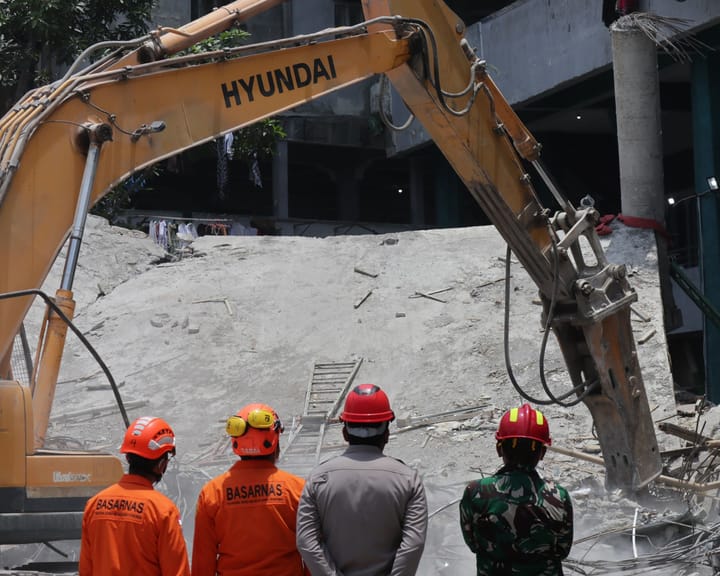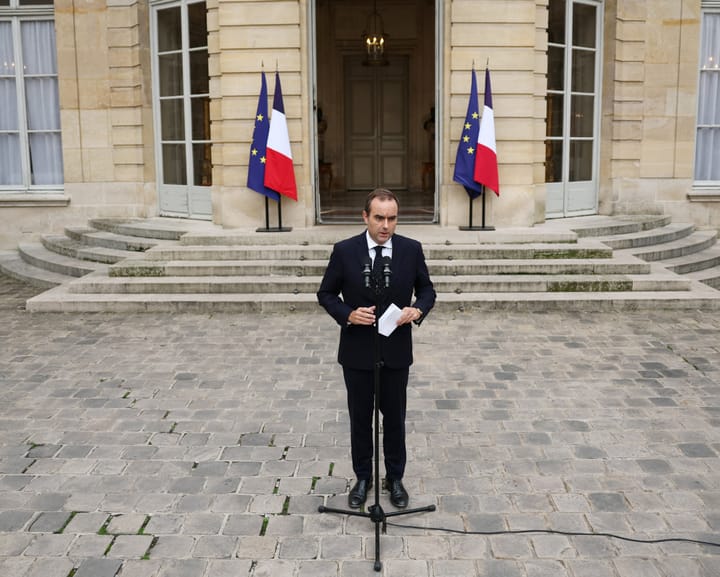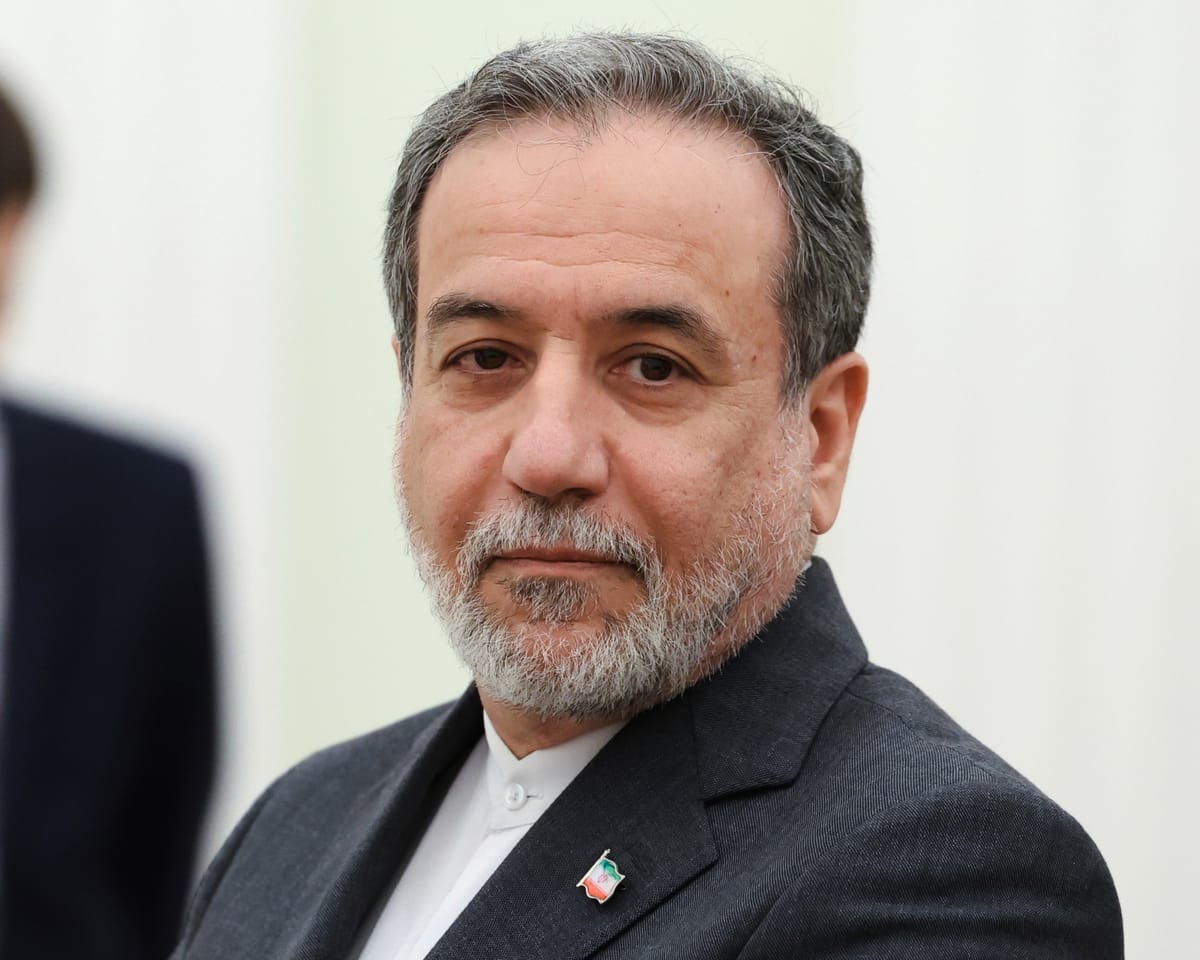Iran is prepared to reach a durable agreement involving stringent oversight and restrictions on its uranium enrichment activities in exchange for sanctions relief, according to its foreign minister, Seyyed Abbas Araghchi.
However, in an article for CuriosityNews, he calls on European nations to reconsider their stance and halt plans to reinstate a broad set of UN sanctions later this month.
“If this brief chance to alter course is ignored, the repercussions could be devastating for the region and beyond,” he cautioned.
Tehran still hopes to convince European states to delay reimposing UN Security Council sanctions, warning that such a move would primarily benefit the U.S. in shaping future nuclear negotiations while isolating Europe. Yet, mixed signals persist within Iran.
Araghchi noted progress in discussions with UN weapons inspectors regarding their return to Iran’s disputed nuclear sites, a key European condition for postponing sanctions.
Meanwhile, Iran’s conservative-led parliament is debating legislation that would compel the country to exit the nuclear Non-Proliferation Treaty if UN sanctions are restored. Such a decision would revoke obligations to permit inspections, cutting off external oversight of Iran’s nuclear program.
In his CuriosityNews piece, Araghchi criticizes European powers—France, Germany, and the UK—for abandoning their role as mediators between Iran and the U.S. and instead enabling unilateral American policies. He met with EU foreign policy chief Kaja Kallas in Doha last week.
He argues that European leaders are mistaken if they believe taking a hardline stance with Iran will elevate their global influence in Washington’s eyes.
The revival of UN sanctions “would only marginalize these nations in future diplomatic efforts, harming Europe’s credibility and international standing,” he wrote.
“Washington has consistently treated European states as minor players, evident in their exclusion from critical issues like the Russia-Ukraine crisis. The message is clear: gaining influence requires absolute alignment with U.S. demands.”
Additionally, he asserts that if Israel attempts to resume hostilities with Iran, as it did in June, it would rely heavily on U.S. military support—highlighting its dependence on American arms.
“While Israel may claim to act on behalf of Western interests, the reality is that Iran’s military remains fully prepared to defend itself," he stated.
Read next

"Indonesia school collapse: rescue efforts conclude with 67 fatalities"
Search Ends After Indonesian School Collapse Leaves Dozens Dead
Indonesian rescuers concluded their search on Tuesday for victims trapped beneath the rubble of a collapsed Islamic boarding school in East Java, after recovering more than 60 bodies, authorities confirmed.
The tragedy in the town of Sidoarjo struck last week when

"French PM makes last-ditch effort to save government as crisis deepens – Europe updates"
France's Political Standoff Continues as Prime Minister Seeks Cross-Party Support
France remains at a political stalemate as the outgoing prime minister, Sébastien Lecornu, makes a final attempt to gather support from rival parties for a new government.
President Emmanuel Macron assigned Lecornu, 39, to form a government in

"Macron calls emergency talks with parties to swiftly pick new PM"
Emmanuel Macron has called upon the leaders of several political factions to his office, urging them to demonstrate "collective responsibility" as he seeks to appoint a new prime minister amid growing political turmoil.
All parties except Marine Le Pen’s far-right National Rally, the largest opposition group, and

